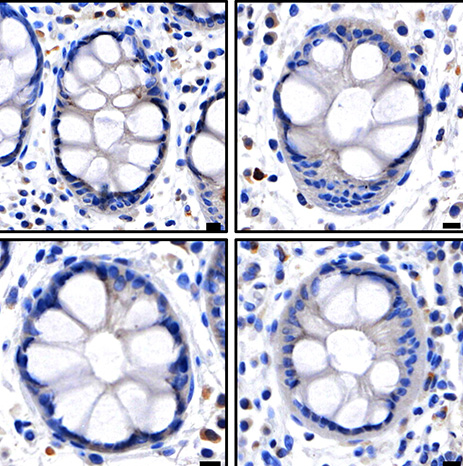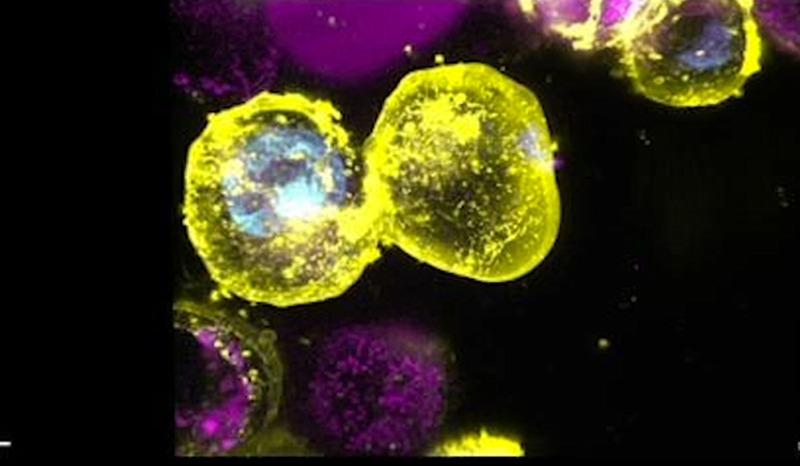The most common symptoms of inflammatory bowel disease are:
- Diarrhoea, often including blood or mucous
- Abdominal pain
- Loss of appetite
- Tiredness
- Fever
- Weight loss
Symptoms can come and go as the disease can flare unpredictably. Sometimes symptoms are severe enough to require treatment in hospital.
Damage to the intestinal wall leads to ulceration and bleeding. People with Crohn’s disease can also experience:
- Narrowing (strictures) of the bowel
- Breaks (perforation) of the bowel
- Tunnels between sections of the bowel or other organs (fistulae)
These complications require medical and sometimes surgical treatment.
In the long-term, people with inflammatory bowel disease are at elevated risk of bowel cancer.
The inflammation in Crohn’s disease and colitis is not limited to the intestine. People often experience problems caused by inflammation in other organs including their eyes, skin, liver and joints.
Australia has one of the highest rates of inflammatory bowel disease in the world, with nearly 85,000 Australians affected. Most people are diagnosed as young adults. There is often a delay between the start of symptoms and a medical diagnosis.
For more information about inflammatory bowel disease, please visit Crohn’s and Colitis Australia.












